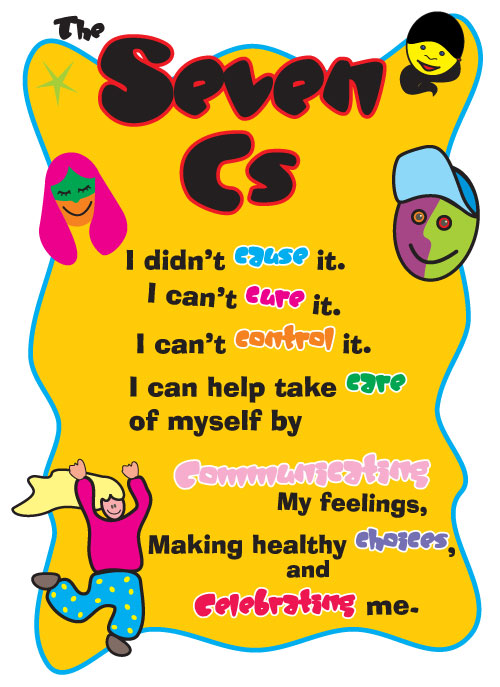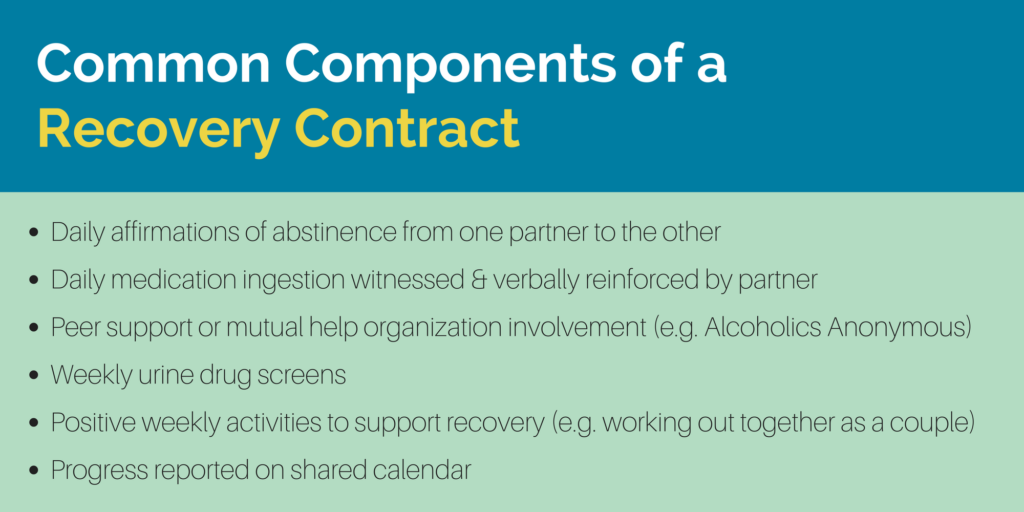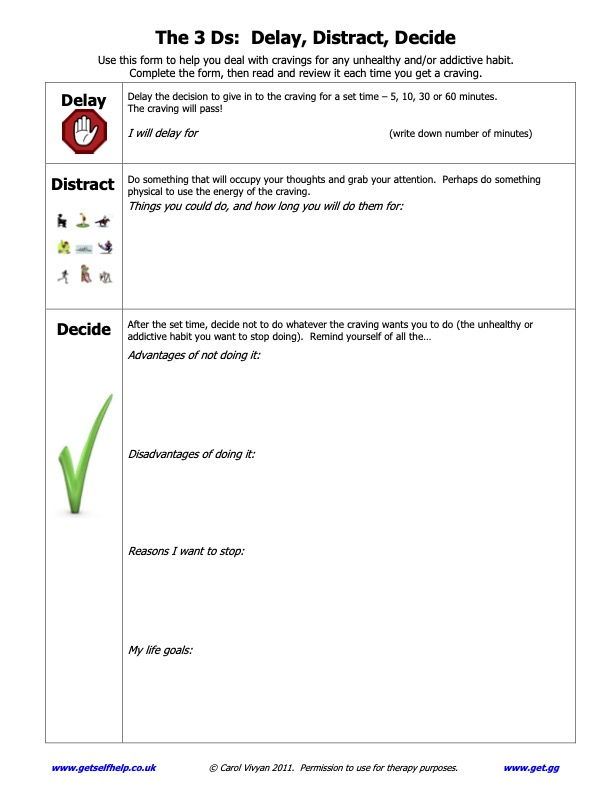Weekly Intervention Ideas: October 5th Edition
Theme: Substance Use and Recovery-Based Interventions
Theme: Substance Use and Recovery-Based Interventions
The Seven C’s: When working with kiddos that have a parent/caregiver, sibling, or other family member that is struggling with substance use concerns or entering recovery, the Seven C’s can be helpful in learning ways to cope and realize, it is not their fault.
Source: https://www.addictioncenter.

Image cred: http://www.nacoa.net/7cs.html
Sample progress note: The focus of this session was… The therapist provided psychoeducation on the Seven C’s, to help the child (or child and caregiver) to facilitate ways of coping with familial dynamics around substance use and expressing their feelings surrounding this. Ct was (engaged/not engaged) with this intervention.
Shared Recovery Plan: Through the lens of Behavioral Couples Therapy, creating a recovery plan between both partners facilitates the development of trust and reduction in distress in the relationship. Each partner identifies what they are willing and able to commit to in their own recovery. For the partner in early recovery, a commitment could be to remain abstinent from substances and the other partner could commit to being supportive of their abstinence. The couple may also form a commitment around reserving therapy as the space to discuss past conflict around substance use.

Image cred: https://www.recoveryanswers.
Source: https://www.guilford.com/
Sample progress note: The focus of this session was… The therapist utilized a Behavioral Approach to help the couple develop a shared recovery plan, in order to reduce relational distress. The couple (was able to/struggled to) identify a commitment they both can practice in order to build trust within their relationship.
3D’s Skill: Delay, Distract, Decide: One way of supporting clients in early recovery is to develop their efficacy with managing urges/cravings for substances. The 3D’s Skill (a modification from DBT STOP distress tolerance skill) walks the client through pausing (Delay), coping with the urge (Distract), and then engage in critical thinking about their next step (Decide). This can slow down the process of returning to use and support the client in living a life aligned with their emerging values in recovery.

Image cred: https://www.getselfhelp.co.uk/
Source: https://www.regen.org.au/
Sample Progress Note: The focus of this session was… The therapist provided psychoeducation on the 3D’s Skill to help the client learn and practice how to delay, distract, and decide within moments of cravings/urges for substances. Client (was able to/struggled to) identify ways to prompt themselves to delay, distracting coping strategies, and thinking through pros/cons of using substances.
Mountain Meditation
https://palousemindfulness.
Sample progress note: The focus of this session was… The therapist led a meditation activity (i.e., Mountain Meditation). Ct. (engaged/did not engage in the activity), and they reported that the activity was (helpful/difficult/not helpful).
Our wellness experts will be happy to take care of you. You can CLICK HERE to schedule an appointment now or call (612)223-8898.
We’re united by our commitment to providing effective, relevant, and innovative mental health support at all stages of your journey. Click Here to find out more about who we are, where we come from, and how we live out CARE’s mission every day.
The professionals at CARE are actively collecting and creating resources to help with what you need. We’re Here for You.